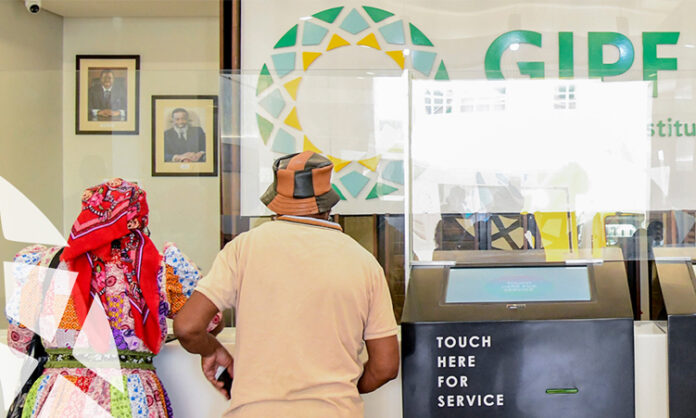Credit extended to the private sector continued being lacklustre, growing by a meager net 2,5% in April 2023, amid high interest rates and a low economic growth environment.
At the April rate, credit extended has now also dropped below the six-month average, which is at 3%.
According to economic analysts Simonis Storm Securities, year-to-date slower growth in credit uptake was mostly driven by the decline in credit uptake by corporates, dropping 0,8% year-on-year (y/y).
“Businesses were running net repayments of mortgage loans down 4,9% y/y and overdrafts dropping 1,9% y/y, while they remained net borrowers of other loans and advances rising 0,4% y/y and installment and leasing going up 13,4% y/y,” said Simonis.
The analysts said corporate credit growth has been weighing on overall credit growth in the private sector, with household credit growth contributing the most since mid-2022.
High interest rates have been keeping many corporates ashore, while some have opted to raise funds without going through the banking system.
Recently, tourism company Gondwana Collections issued a bond to pay off its commercial banks debt, while listed Oryx Properties has also released a circular to issue rights to raise some capital to acquire Dunes Mall.
At the same time, credit extended to households – which makes up more than half of the total credit in the private sector – also slowed to 0,2% between April and March, which translates to 5% growth in April, when compared to the same period in 2022.
In March, household credit grew by 5,4% on a yearly basis and could be the turning point, with a downward trend likely going forward into 2023 as the 350bps cumulative rate hikes take effect and so deter demand for credit, while affordability concerns rise.
The main drivers of credit extended to households was the increase in other loans and advances which shot up 17,9% y/y, with mortgage loans rising 2,8% y/y and installment and leasing up by 2,8% y/y.
According to Simonis, households were net repayers on their overdrafts, down 1,3% y/y, and the total private sector debt (households and corporates combined) stands at N$119,1 billion which is 57,8% of GDP, of which businesses make up 38,6% and non-residents 6,3%.
Vehicle sales continue to trend upwards despite rising interest rates and some banks seeing car loans as a high risk.
Household installment and leasing credit growth averaged a meager 1,9% in the last 12 months, compared to 14,2% for corporates, the analysts said.
However, passenger vehicles remain the main driver of vehicle sales, indicating that cash sales are still fairly dominant in the automotive industry. Commodity explorations by local mining companies and local transport companies increasing their market share of regional logistics services supported commercial vehicle sales at the same time, Simonis said.
According to data from FNB, property volumes traded still remain on a downward trend since mid-2020, and the first quarter of 2023 remains below levels recorded in the first quarter of 2022.
A decrease in properties being traded corresponds to corporate mortgages which recorded declines, averaging -1,0% in the last 12 months as corporates are net repayers on existing mortgage debt.
“We, therefore, are of the view that households are mainly supporting property volumes being traded in recent months as households’ mortgage credit growth has averaged 2,4% in the last 12-months.
Properties in the northern and central areas of Namibia are the main drivers of total volumes traded in the property sector.
Additional low-cost housing projects announced by the government and private contracts in the central part of the country ought to also provide some momentum in the lower segment of the property market despite overall building plan approvals signalling a downward trend in construction activity.
Email: bottomline@namibian.com.na
Stay informed with The Namibian – your source for credible journalism. Get in-depth reporting and opinions for
only N$85 a month. Invest in journalism, invest in democracy –
Subscribe Now!






